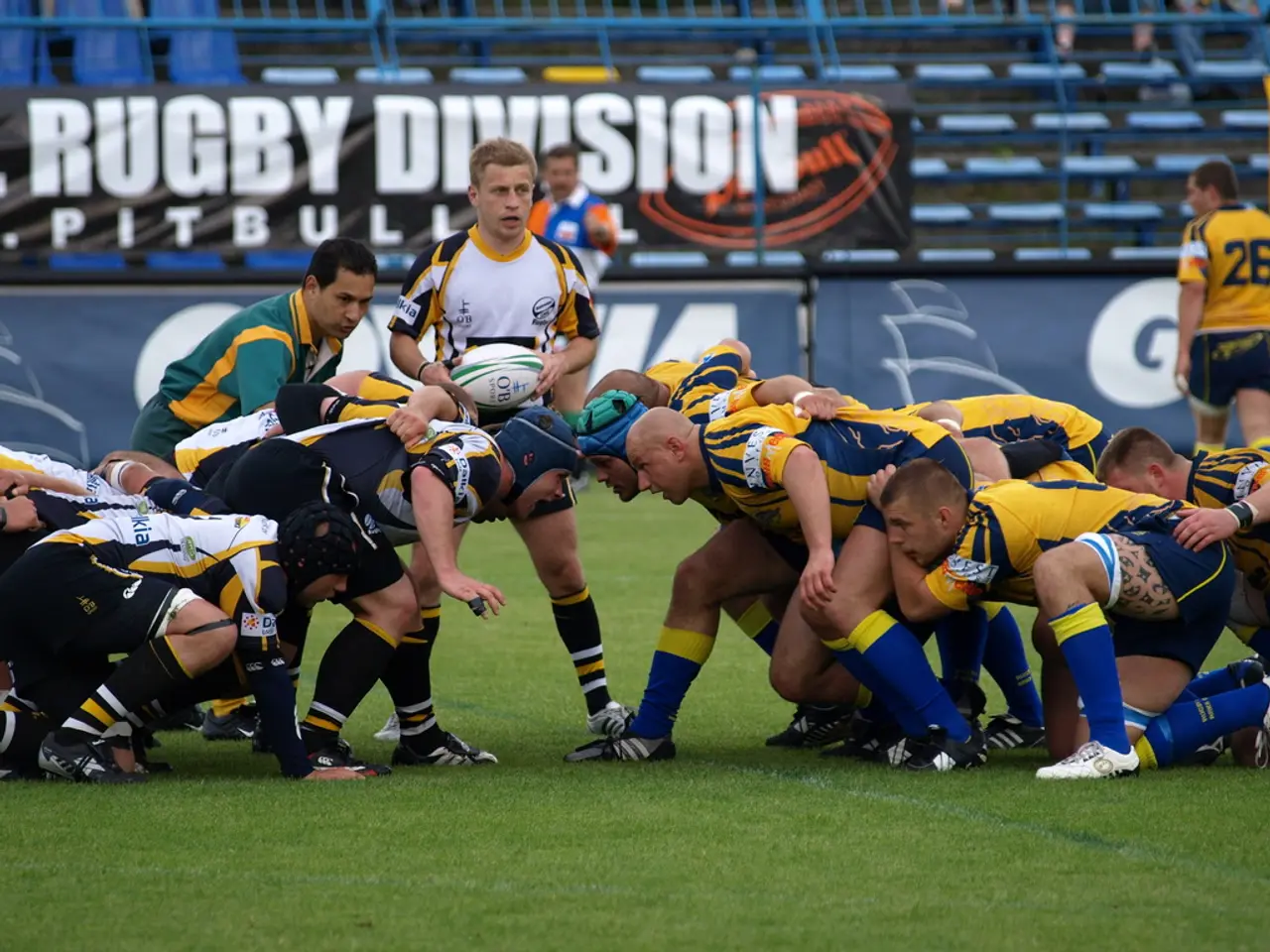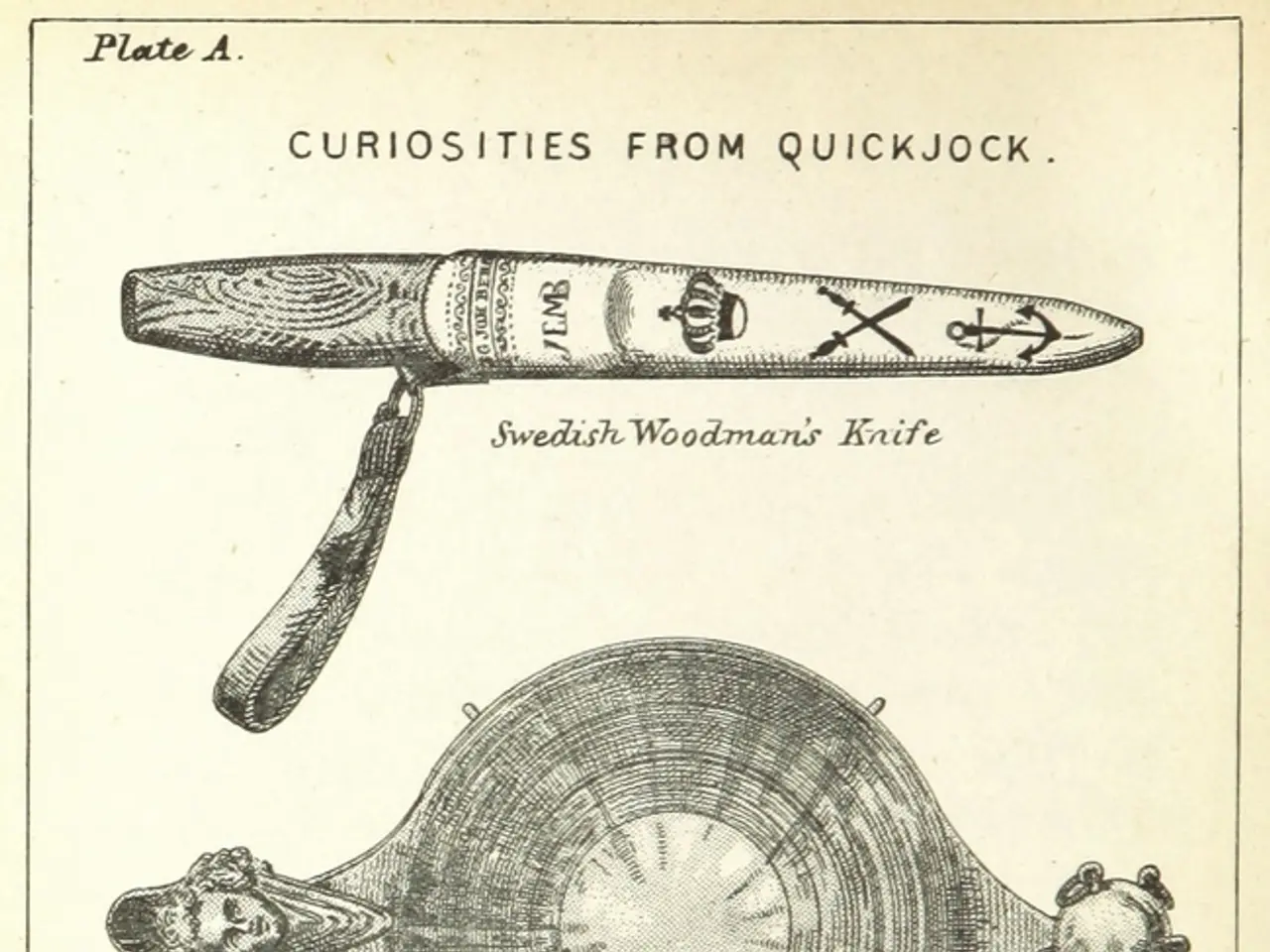Australia's Rugby League and its Role in National Identity
In the heart of Australian sports culture, Rugby League has played a significant role in shaping the nation's identity. This popular sport, which originated in Australia in 1907, has evolved to become a vibrant reflection of the country's values and heritage.
The formation of the New South Wales Rugby League, a breakaway from rugby union over the issue of professionalism and player payments, marked a shift towards a working-class, populist sport. The early migration of star players like Dally Messenger from union to league symbolised this new identity, one focused on inclusivity and professionalism.
The first Australian Rugby League team's tour of Britain in 1908–09 established independent international links, positioning Australia as a competitor in its own right, distinct from British origins. The rivalry between the Wallabies (rugby union) and the Kangaroos (rugby league) also mirrored Australia’s evolving identity—one tied more to egalitarianism and local community support seen in league.
As Rugby League grew, particularly in Sydney and Queensland, it became deeply embedded in working-class culture and urban communities, reinforcing a sense of local pride and regional identity. Major events like the 1999 NRL Grand Final, which set a record attendance, showcased the sport’s mass appeal and cultural significance.
Rugby League's acceptance of professionalism and adaptability to change—including mergers and expansion—mirrored Australia’s own historical social transformations and desire for a unique national character.
The sport has also served as a platform for showcasing Australia's cultural diversity. Indigenous heritage intertwines with the evolving narrative of Rugby League, with events like Indigenous Round emphasising the connection between rugby and indigenous culture. Many Indigenous players have become celebrated stars in the sport, offering contributions to its history and providing new role models for young athletes.
Moreover, Rugby League holds a vital spot in shaping Australia's national identity, embodying values such as teamwork, resilience, and community spirit. Fans view their teams as a representation of their home, with each victory celebrated as a community achievement.
International competitions like the Rugby League World Cup play a pivotal role in uniting Australians, fostering national pride. The physicality and precision displayed in each match, along with the sport's skilled strategies and remarkable sportsmanship, are appreciated by fans.
In many communities, rugby fosters a sense of belonging and regional identity. Engagement with Indigenous heritage is not just about the game; it is a way to build bridges between cultures and promote unity. Rugby League serves as a platform for discussing reconciliation and justice, with players and organizations advocating for better recognition of Indigenous rights.
In conclusion, the evolution and social impact of Rugby League in Australia significantly contributed to the formation of Australian national identity by reflecting class dynamics, fostering regional pride, and symbolising a distinct Australian sporting culture separate from British colonial influence. It continues to be a core element in the country's cultural and social fabric, embodying values such as egalitarianism, resilience, community spirit, and independence from British tradition.
Sports like Rugby League, with its roots deeply entwined in Australian culture, have served as a conduit for shaping the nation's identity. The growth and transformation of Rugby League, particularly in urban communities, have reinforced a sense of local pride and regional identity, reflecting the country's values such as egalitarianism and inclusivity.






